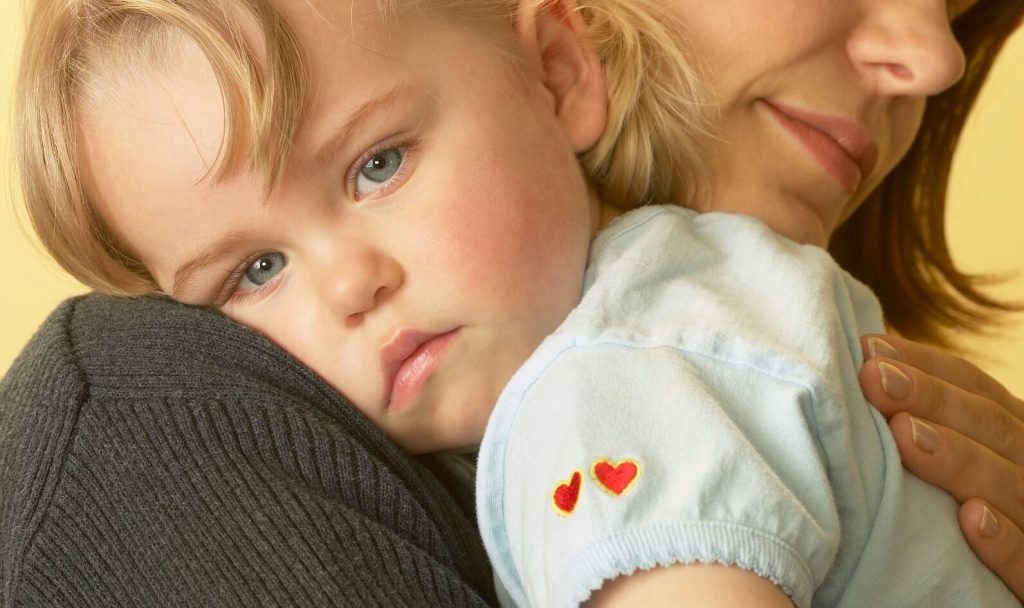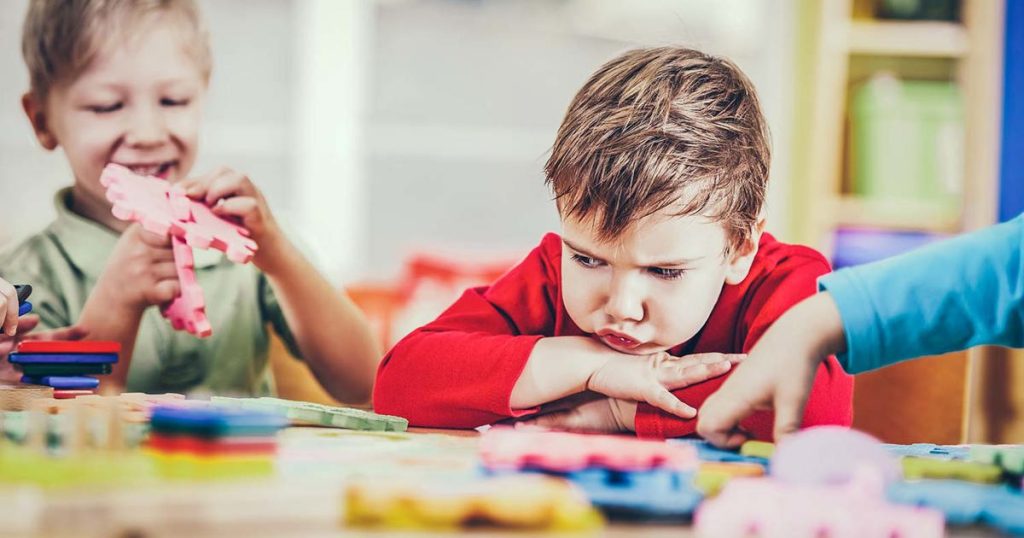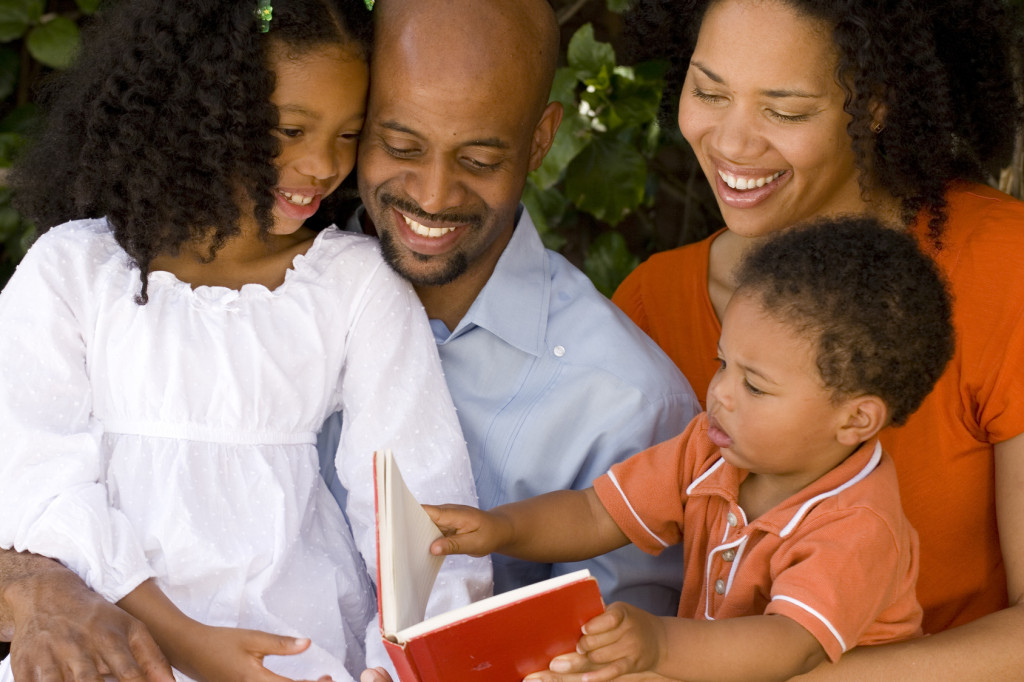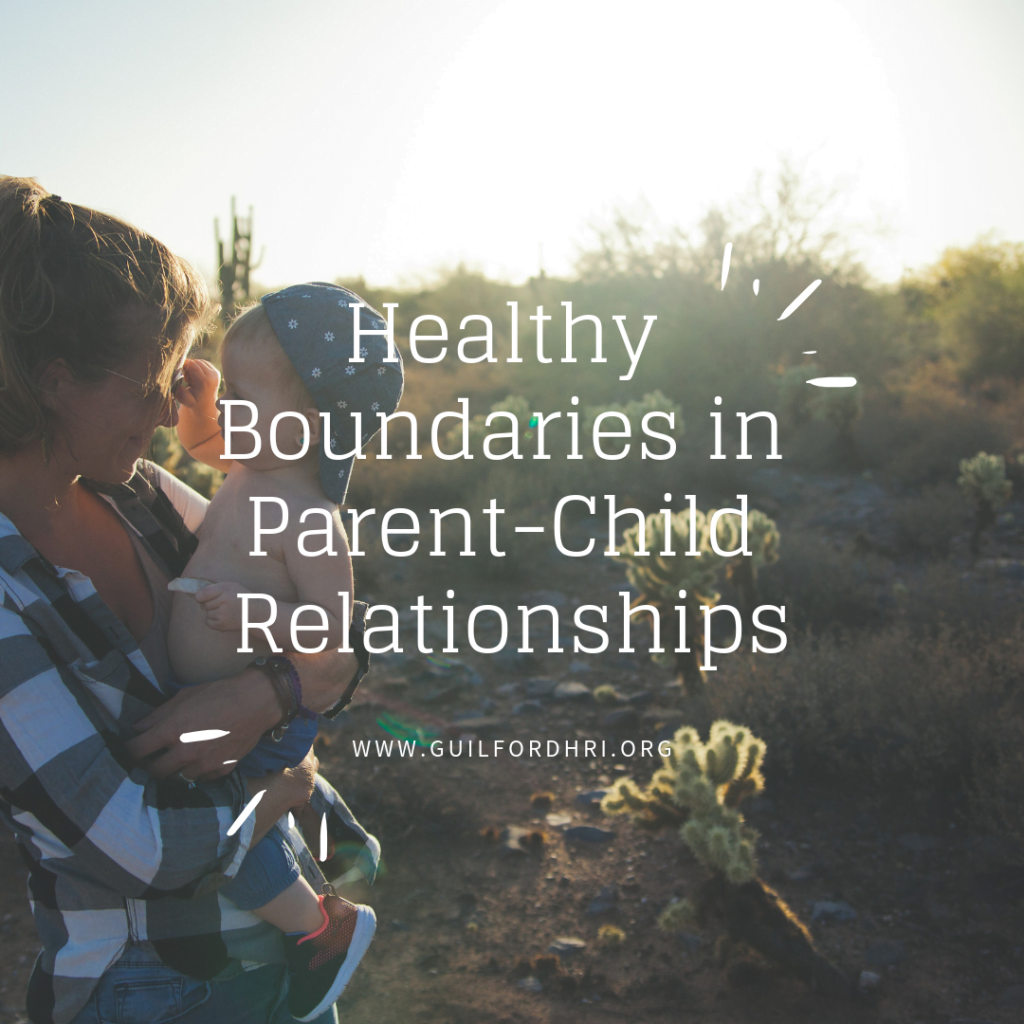To stop crying, people of all ages express their feelings through wrath, fear, or even delight. Learn how to parent your emotional child by reading this article.

However, some children cry more than others. Children may become angry and frustrated more frequently when compared to their peers. Big emotions can make life more challenging for young children unless they learn to regulate their emotions. While this is something that your child will learn on their own, there are some things you can do to assist them to develop emotional awareness and develop healthy coping skills.
Emotions are something you should teach your child
It’s critical for your child to be able to detect and express their emotions. Begin by teaching them about emotions so that they understand that even hazy or overwhelming emotions have names.
Feelings vs. Actions are two different things
Children must also learn how to communicate their feelings in a socially acceptable manner. It is not acceptable to scream loudly in the midst of a grocery shop. They have every right to feel enraged at someone, but that does not give them the right to hit them.
Relate and Validate

If you think they’re furious, sad, frustrated, ashamed, or disappointed, give it a name. Then, be compassionate and show that you understand what they’re going through.
Acceptance should be demonstrated
It’s normal if you’re bewildered or overwhelmed by it. Make it clear to your youngster that you are aware of their feelings. Feeling “seen” and welcomed can greatly assist children in learning to recognise, understand, and cope with what they are going through.
Emotion Control
When it comes to emotion management, your child’s age and development are the most important factors to consider. Before the age of 24 months, a child’s ability to control his or her behaviour is usually modest, and it can even be as late as 36 months.
However, this does not exclude you from beginning to teach children how to control their emotions. Many children have the necessary skills to begin learning how to control their emotions by the time they enter preschool.
Refrain from reinforcing your outbursts
It makes a great difference how you respond to your child’s emotions. Parents may unintentionally encourage their children to have emotional outbursts. If you’re trying to help your youngster better manage their emotions, stay away from:
Giving special gift every time they pull themselves together
They may learn that crying or yelling at their sibling is a good way to acquire something they want.
Giving your child lots of attention
While it’s necessary to provide comfort, don’t go overboard. You don’t want your child to learn that the easiest way to win your attention is to get irritated.
Constantly calming your child

It’s necessary to provide reassurance, but it’s also crucial to teach your child the skills they’ll need to calm themselves down so they can control their emotions when you’re not around to help.
Commanding your child to stop crying
Telling your child to stop crying may aggravate their situation. And if kids see you upset about their tears, they might think they’re done something wrong, which can make it even harder to stop sobbing.
Putting Your Kid to the Test
You may determine that there are instances when it is in your child’s best interests to keep him or her away from potentially distressing situations.
It is, however, futile to exempt your child from every difficult struggle or all of life’s challenges. Your child will benefit from some practice handling a range of emotions in a variety of situations for their own success and quality of life.
Maybe you’re thinking about letting your child miss a school field day because you know they have a hard time managing their emotions and you’re afraid they’ll lose it if their kickball team loses the tournament. While it may sound appealing, a situation like this is bound to come at some point in one’s life, and having practise dealing with it can be incredibly advantageous.
Instead of shielding children from all painful situations, make sure you provide them with adequate opportunities to manage their huge feelings. What feels right for your child is what you should do.
When Should You Consult a Professional?

Emotional regulation skills can be learned as early as toddlerhood. Research reveals that it takes children until they are 8 or 9 years old to truly master them. As a result, even children who aren’t naturally extremely emotional may go through a time. A time in which they seem to cry a lot or have a lot of angry outbursts.
While there’s probably nothing to worry about, it’s still a good idea to check in with your physician to make sure nothing is causing the symptoms you’re seeing.
Once a medical or psychological condition has been checked out, you can work with your child to teach them how to control their emotions at important times so that it does not become an issue as they become older. Speak with your child’s care team if you need assistance figuring out how to best achieve that for your child.
Verywell’s Opinion
Remember that learning to control one’s emotions necessitates a level of awareness. It requires expertise that young children are still developing. Even yet, some children are born with the tendency to be highly emotional. All they may need is a little more help from you to learn how to properly regulate their emotions. Although the process might be difficult at times, the time and work you put in will benefit your child for the rest of his or her life.
Keep in mind that there is a substantial benefit to this as well, children with strong emotions are likely to feel all emotions strongly. This means that, while your excessively emotional youngster may be enraged, they could also be compassionate or a strong leader. While individuals may experience irritation at level ten, they may also experience delight and enthusiasm. Support your child and he/she will surely be fine.
Share with your friends





